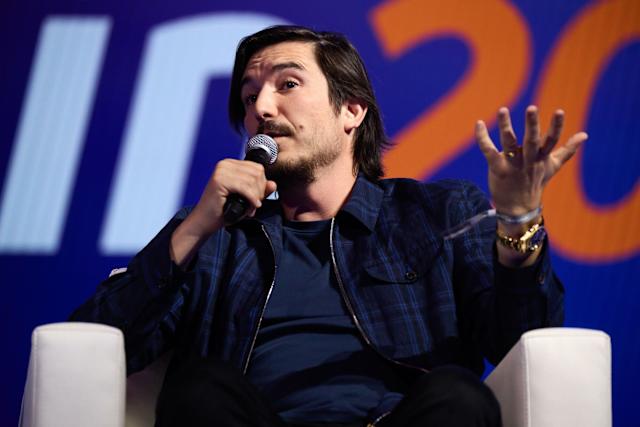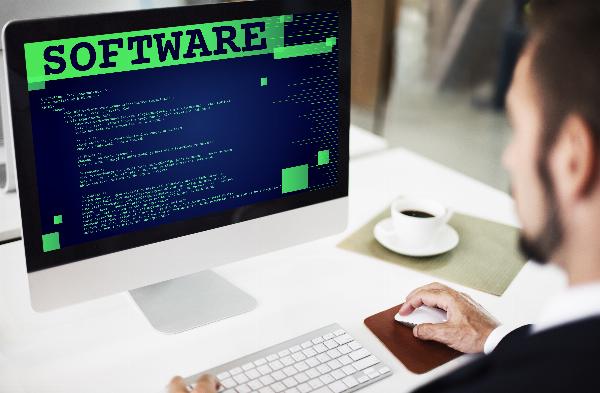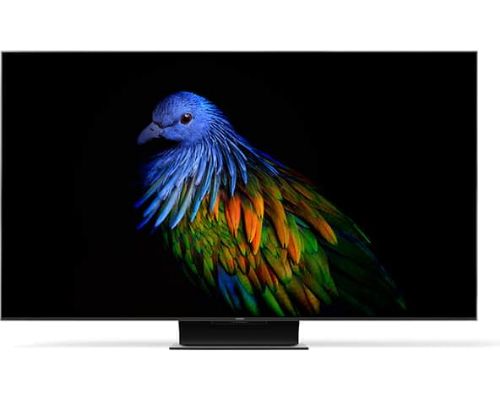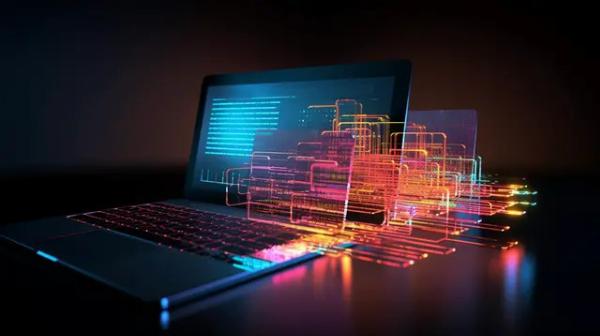
(Bloomberg) -- Robinhood Markets Inc. shares fell after OpenAI advised caution to customers taking advantage of the brokerage’s offer for access to equity “tokens” for the closely held company led by Sam Altman.
Most Read from Bloomberg
-
NYC Commutes Resume After Midtown Bus Terminal Crash Chaos
-
Struggling Downtowns Are Looking to Lure New Crowds
-
Massachusetts to Follow NYC in Making Landlords Pay Broker Fees
-
Foreign Buyers Swoop on Cape Town Homes, Pricing Out Locals
-
What Gothenburg Got Out of Congestion Pricing
The artificial-intelligence firm said the tokens offered by Robinhood aren’t company equity, and that OpenAI neither collaborated on nor endorsed the offering, triggering questions about the tokenization of private-company shares more broadly.
“Any transfer of OpenAI equity requires our approval—we did not approve any transfer,” the company said in a statement on social-media platform X. “Please be careful.”
Shares of Robinhood fell as much as 6% in New York trading Thursday following OpenAI’s statement, after reaching an all-time high on Monday.
OpenAI’s statement sparked debate about the safety and function of tokenized equities for the average retail investor, and what those tokens actually represent. Robinhood Chief Executive Officer Vlad Tenev responded in his own statement on X that while the tokens aren’t technically equity – actual ownership stakes in a company, that is – “the tokens effectively give retail investors exposure to these private assets.”
Earlier this week, Robinhood rolled out the tokenized equity offerings — including the giveaway of OpenAI and SpaceX tokens — to its customers in Europe. The firm said at the time that it will own the shares backing the tokens, giving token holders most of the benefits of the underlying security, including dividends, though voting rights won’t be initially supported.
That’s a simple proposition when it comes to shares of publicly traded companies, but it gets more complicated for private companies, whose shares aren’t traded over public exchanges.
“The tokens are enabled by Robinhood’s ownership stake in a special purpose vehicle,” a Robinhood spokesperson said in an emailed statement. “So while we don’t technically ‘own shares,’ the tokens give customers exposure to private market.”
Representatives for billionaire Elon Musk’s SpaceX didn’t immediately respond to a request for comment on the offering and OpenAI’s statement.
Owning shares of those companies is challenging for the average investor, but with sky-high valuations for some closely held firms, it’s understandable why retail traders would want in on the action. Tokenized equities could give investors that access, even if they have questions about the underlying collateral.
Story ContinuesThe vehicles are straightforward derivatives and OpenAI’s opposition to Robinhood’s offering could come from a misunderstanding of the product, said Campbell Harvey, a finance professor focused on decentralized finance at the Fuqua School of Business at Duke University.
“This is effectively a way to get around these restrictions on certain retail investors owning privately registered equity,” he said.
Still, the cross-breeding of traditional financial markets and blockchain-enabled products “can get very messy,” said Ian D’Souza, a professor at New York University’s Leonard N. Stern School of Business.
“Tokenization is an offshoot of crypto that is now being adopted in the public-private space,” D’Souza said. “Everyone’s saying they can get a claim to it, but what are they really getting a claim to?”
Most Read from Bloomberg Businessweek
-
SNAP Cuts in Big Tax Bill Will Hit a Lot of Trump Voters Too
-
America’s Top Consumer-Sentiment Economist Is Worried
-
How to Steal a House
-
China’s Homegrown Jewelry Superstar
-
Sperm Freezing Is a New Hot Market for Startups
©2025 Bloomberg L.P.













